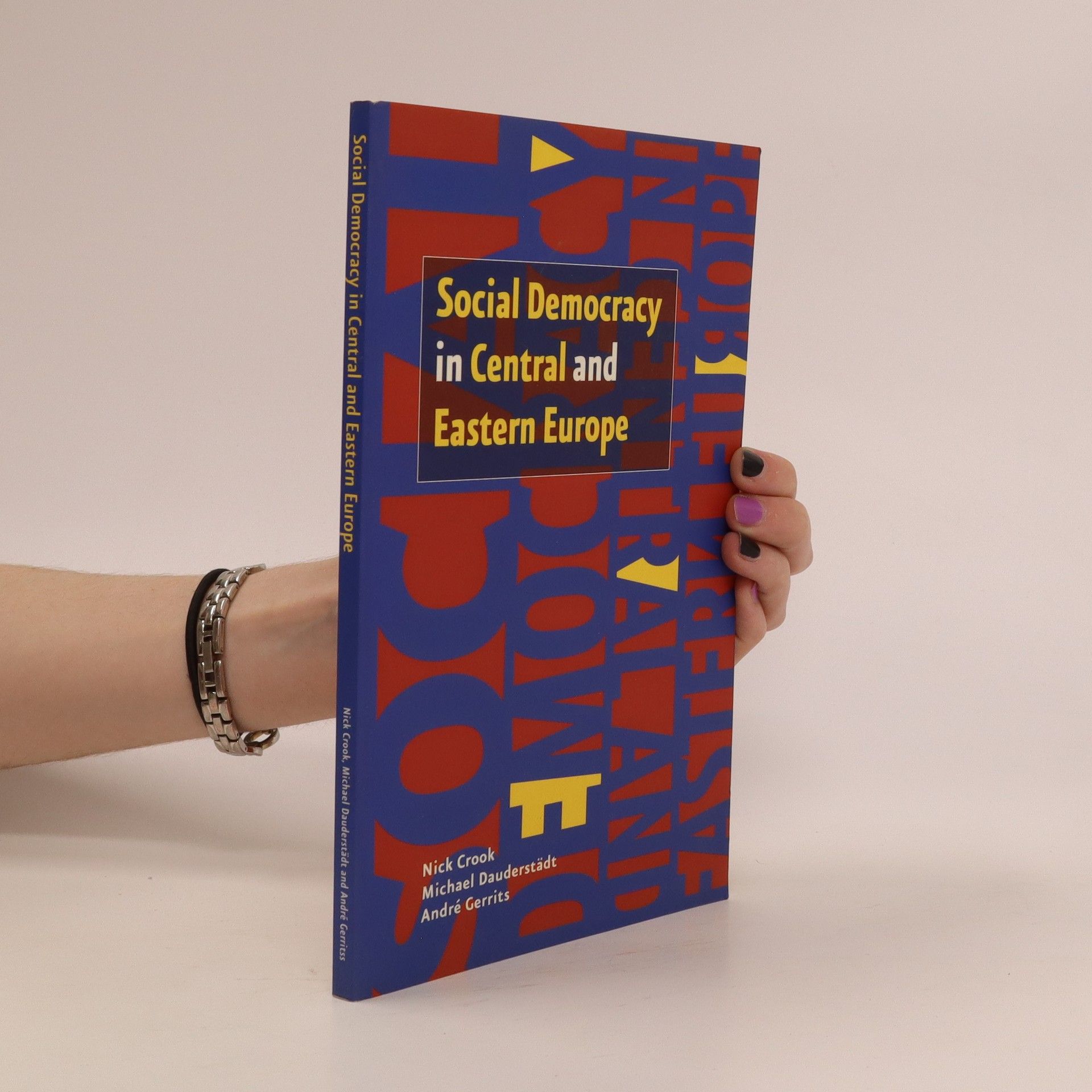Social Democracy in Central and eastern Europe : Integration - Reconciliation - Stagnation
- 120 Seiten
- 5 Lesestunden
discusses the different poltical systems and how they are adapting to the EU. Succeeds "Troubled Transition" 1999. Includes election results and party development in the region
![Troubled transition : social democracy in East Central Europe : [how social democrats, after the collapse of communism, face the task of constructing capitalism ]](https://rezised-images.knhbt.cz/1920x1920/14575804.jpg)
